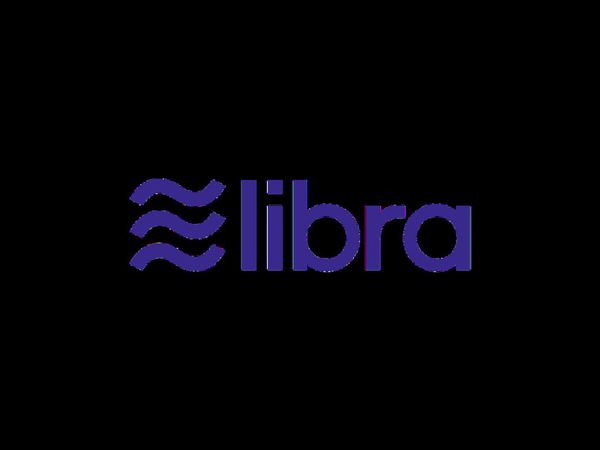
Some of the venture capitalists backing Facebook Inc.’s new cryptocurrency project are among the biggest critics of Big Tech.
The project, Libra, is envisioned as a low-volatility cryptocurrency that would enable more people globally to have low-cost access to financial services, such as remittances and loans.
Large venture firms, such as Union Square Ventures and Andreessen Horowitz, are dispensing with their standard playbook of backing emerging startups. They are betting that Facebook’s influence over Libra would decrease over time and that the technology would unlock new opportunities for startup businesses, investors at the firms said.
Both firms are longtime investors in cryptocurrencies and are founding members of Libra Association, a nonprofit entity that will make key decisions about the way the project would operate.
Ribbit Capital, a fintech investor and one of the first venture investors to buy bitcoin, is also a founding member. Thrive Capital, led by Joshua Kushner, has joined the pack, in what appears to be its first move in the crypto space.
“We see this as an investment in the crypto ecosystem,” Fred Wilson, partner at Union Square Ventures, said in an email message to WSJ Pro Venture Capital.
Mr. Wilson said Union Square Ventures wouldn’t have gotten involved if the firm’s partners thought Libra would benefit Facebook over other companies. He says Libra has the chance to help startups by serving as a platform for new financial-services applications and as a way to get more people to become crypto users.
Still, those in the industry are watching to see how the currency would operate, how much control Facebook would have over Libra and whether its launch would help or hurt other startups in that space.
“Is it truly digital cash or is this going to be a censorship-riven currency that is subject to significant restrictions,” said Ryan Selkis, founder and chief executive of crypto-market information resource Messari.
Ribbit’s Managing Partner Micky Malka, an early member of the Bitcoin Foundation board, didn’t respond to a request for comment. A Thrive representative declined to comment.
Each Libra Association member is expected to contribute at least $10 million into a reserve fund to back Libra.
Mr. Wilson said Union Square hasn’t made the investment yet, but expects to do so soon.
Andreessen Horowitz will use its A16Z Crypto fund, a $350 million crypto-focused fund the firm raised last year, for the investment, according to a spokeswoman.
The founding members would receive investment tokens that would accrue value from the interest generated by the capital reserve, according to Libra. Facebook would reduce its role in Libra over time, according to Libra’s stated plan.
Many venture investors, including Chris Dixon of Andreessen Horowitz, see crypto development as a means to counteract the increasing power of big technology companies over the internet.
Katie Haun, general partner at Andreessen Horowitz’s A16Z Crypto fund, noted in a blog post that Libra would be in line with that. “The Libra network is already open source and in the future will be permissionless, which will allow developers and entrepreneurs to freely build on top of it, helping to accelerate the mainstream adoption of user-friendly crypto applications.”
Other venture-backed companies such as Coinbase Inc., backed by Andreessen, Ribbit, and USV, among others; Anchorage Hold LLC, an Andreessen portfolio company; and Stripe Inc., have also joined the Libra Association.
While Libra could help bring new users to cryptocurrency applications, it can also prove a threat to fintech startups that currently provide services, whether based on the blockchain or not. Some of these startups are backed by the very venture firms that have become founding members of Libra.
Andreessen, for example, is an investor in TransferWise, Branch International and Earnin, that all play in the sectors Libra plans to disrupt. Libra could also compete with other crypto stablecoins, or digital currencies that are designed to maintain a stable value.
“We aren’t concerned about the competition,” said Harsh Sinha, chief technical officer at TransferWise, in a statement. He said the money-transfer market globally is massive, so multiple players can operate.
Nick Grossman, a partner at USV, said in an email, “While it’s possible that new financial services on top of Libra could compete with some of our portfolio companies, it’s also possible that this technology may benefit them. It’s too early to tell at this point.”
Write to Yuliya Chernova at yuliya.chernova@wsj.com










